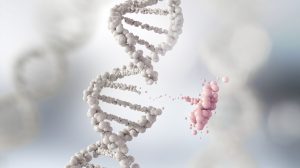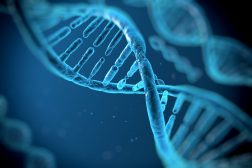Definition
noun, plural: sexually transmitted diseases
(pathology) A disease that is primarily contracted through sexual contact
Supplement
A sexually transmitted disease (STD) is a type of disease that is contracted mainly by sexual contact, e.g. vaginal intercourse, anal sex, and oral sex. Some of these diseases are acquired immune deficiency syndrome (AIDS), chancroid, chlamydia, trichomoniasis, donovanosis, genital herpes, gonorrhea, and syphilis. Non-sexual mode of transmission may be through blood transfusion with contaminated blood and tissues, breastfeeding, or at childbirth.
STDs may be different from sexually transmitted infections (STIs) in a way that the latter is a broader term. STI is the contraction of the causative agent often by sexual contact and may progress to a disease. When the infection leads to a disease, it is referred to in particular as STD. STIs may or may not show symptoms and therefore are a rather risky condition in a way that the person may not know he or she is carrying the pathogen and therefore may pass or transmit the pathogen to an unsuspecting partner.
Abbreviation / Acronym:
- STD
See also:







